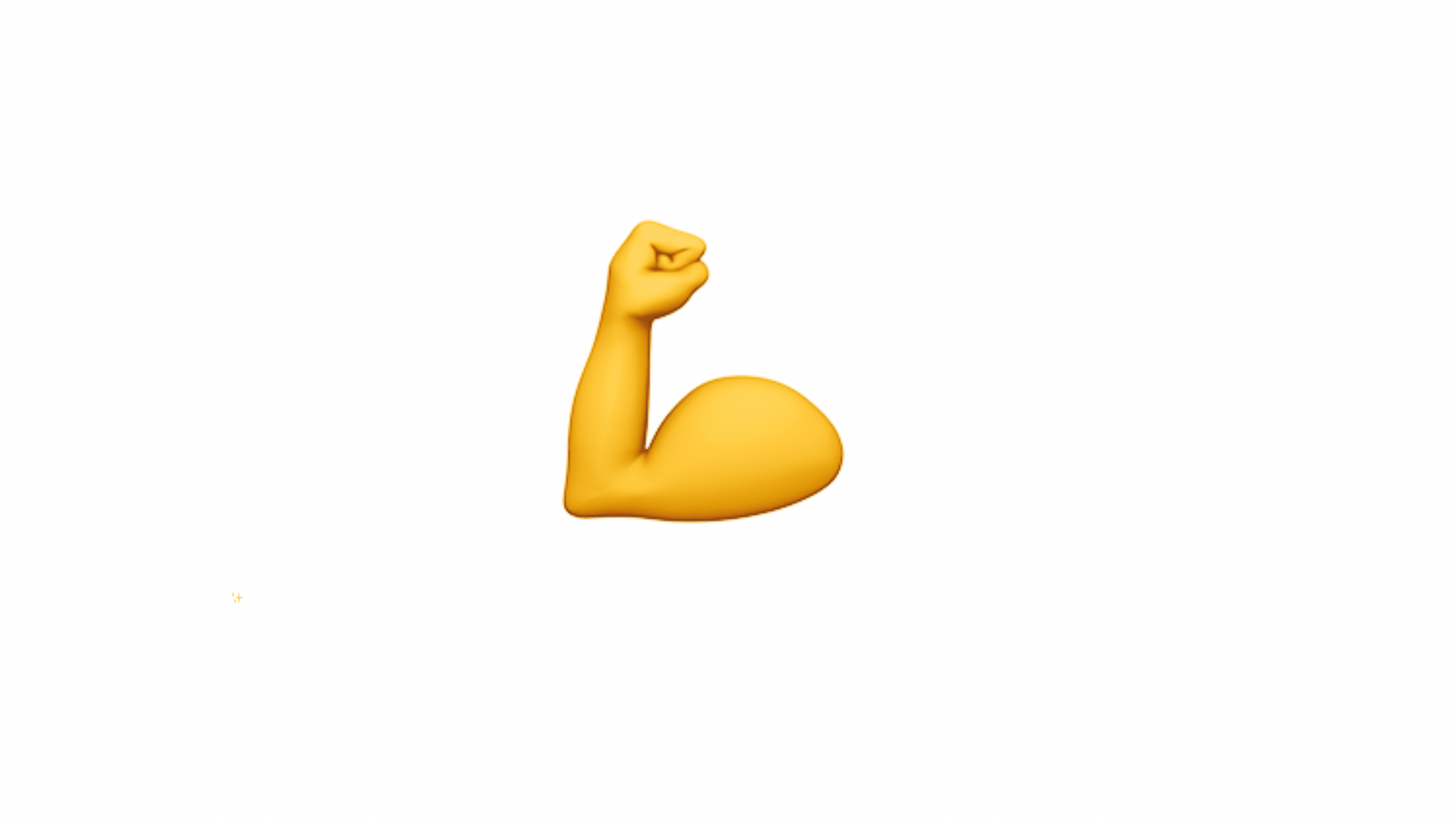Why Shaq Decided to Get a Bodyguard and so Should You (2-min read)

In the prime of his career, Shaquille O'Neal was 7'1", 365 lbs. So stronger than all others in the NBA, the league changed the game's rules to allow defenses to triple-team Shaq before he got the ball. Yet, despite the rule change, he was still dominant.
Even though Shaq was bigger and stronger than the largest athletic people in the world, he still had a bodyguard. Why would a great superstar athlete need a bodyguard?
In his HBO documentary Shaq, he says there’s only one person who can calm him down when angry: Jerome Crawford, his bodyguard. Shaq says that not even his mother can calm him down the way "Uncle" Jerome can.
Perhaps Uncle Jerome's main job was to protect the world from Shaq rather than the other way around.
According to the documentary, Crawford was a police officer who went into dangerous neighborhoods and worked with people by using his words, not by force.
As I learned in this podcast episode, Be Your Own Bodyguard, most self-defense is awareness and de-escalation. As former Navy SEAL Jocko Willink says, "The best way to win a fight is not to get in one."
This was the power of Jerome Crawford's presence for Shaq. The strong giant had a person who could emotionally detach himself from a heated situation and bring objectivity and focus to Shaq's perspective. We need the same for ourselves.
Hiring a bodyguard may be unnecessary for most. However, we still can benefit from creating an awareness in our minds and bodies of how we may react irrationally due to fear, anger, and anxiety and avoid risky decision-making by creating the space to behave in the best way possible.
A way that I've found to create space in my decision-making is by sleeping on it. It is said that Abraham Lincoln wouldn't send an angry letter to someone unless he waited 24 hours after writing it. So what decisions can we put on the shelf to return to later with fresh eyes?
Another way of creating space is walking. Removing yourself from where you are and going somewhere else immediately brings a different perspective. I've left my house feeling hopeless many times, always to return from a walk or run feelings like I can take on any challenge life puts in front of me.
And one final way that's helped create space is writing things down. Especially if I'm facing an overwhelming project, it has become a practice to break projects down into their most minor pieces, writing down each step no matter how silly it may seem. Some tasks I've written down for projects include the simplest things such as "open laptop," "open box," or "write three words."
Guard your body by paying attention when you're tense, anxious, or hungry, and figure out what you need to do to avoid a fight. Creating space between you, your mind, your body, and the problem you're facing allow us to see more options available, which sets us up to make better decisions.

